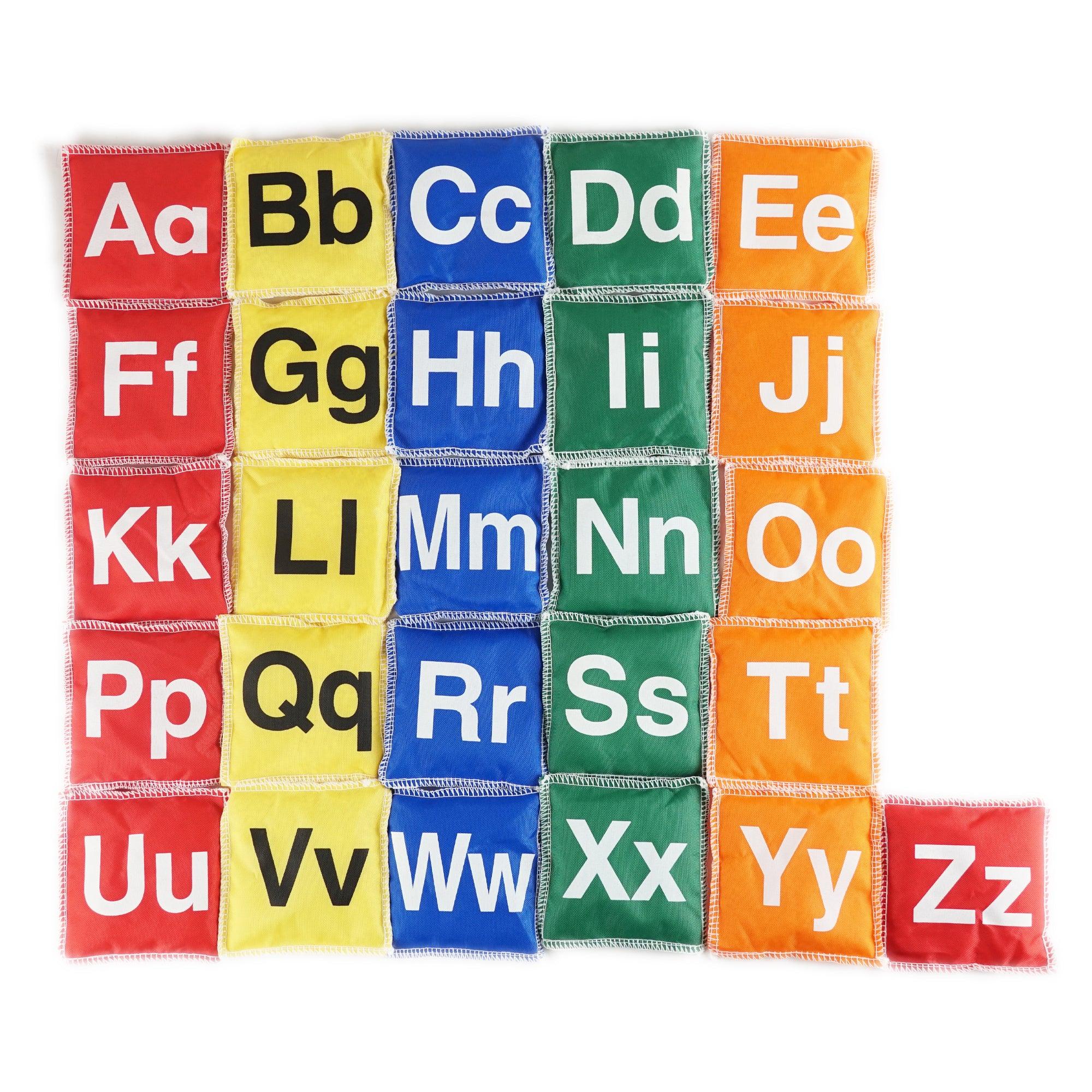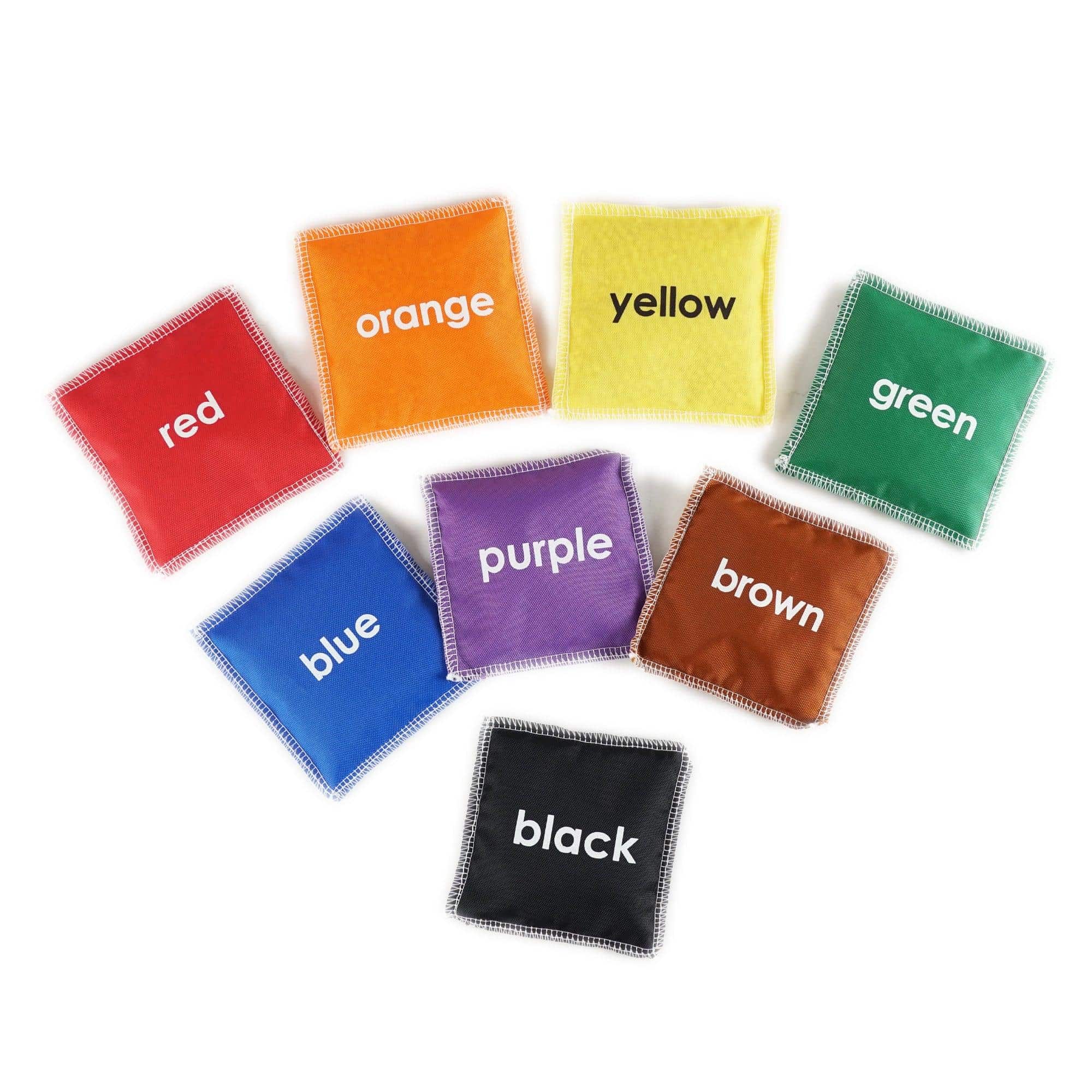How to Encourage Cooperative Play with Toys
The Importance of Cooperative Play
Cooperative play, also known as social play, is an essential aspect of a child’s development. It involves children working together towards a common goal, promoting communication, cooperation, and problem-solving skills. By encouraging cooperative play with toys, you can foster positive social interactions and help children develop crucial life skills.
Choosing Toys for Cooperative Play
When selecting toys to encourage cooperative play, consider the following features:
- Diverse Group Activities: Look for toys that can accommodate multiple players simultaneously, allowing children to engage in group play and interact with their peers.
- Open-Ended Play: Opt for toys that offer various ways to play, allowing children to use their imagination and creativity. Open-ended toys encourage collaboration and problem-solving as children discover new ways to play together.
- Teamwork and Collaboration: Toys that require teamwork and collaboration, such as building blocks or board games, help children learn how to cooperate, take turns, and negotiate with others.
- Problem-Solving Opportunities: Toys that present challenges or puzzles prompt children to work together to find solutions, promoting critical thinking and developing their problem-solving skills.
- Communication Skills: Toys that encourage verbal and non-verbal communication, such as pretend play sets or cooperative board games, help children practice expressing their ideas, listening to others, and resolving conflicts.
- Inclusive Play: Choose toys that promote inclusivity by considering the interests and abilities of all children involved. Inclusive toys ensure that everyone feels valued and included in the play experience.
Encouraging Cooperative Play
Here are some tips to encourage cooperative play with toys:
- Lead by Example: Show children how to collaborate and work together by engaging in cooperative play activities yourself. Demonstrate effective communication and problem-solving skills.
- Create a Playful Environment: Set up a play area that is conducive to cooperative play. Clear space and provide a variety of toys and materials that promote group activities.
- Establish Play Rules: Teach children the importance of taking turns, listening to each other, and respecting one another’s ideas during playtime. Enforce these rules to ensure a harmonious play environment.
- Encourage Sharing and Turn-Taking: Model and encourage the sharing of toys and taking turns during play. This helps children understand the value of cooperation and empathy towards others.
- Provide Engaging Challenges: Introduce toys and games that require collaborative problem-solving. Encourage children to brainstorm solutions together and celebrate their successes.
- Create Play Scenarios: Set up play scenarios where children can take on different roles and engage in pretend play together. This encourages imagination, communication, and cooperation.
- Facilitate Communication: Encourage children to express themselves verbally and non-verbally during play. Foster an environment where they can listen actively, ask questions, and provide feedback to one another.
- Offer Praise and Positive Reinforcement: Acknowledge and appreciate children’s cooperative efforts. Praise their teamwork, problem-solving skills, and positive interactions to reinforce these behaviors.
- Foster Inclusion: Ensure that all children feel included and valued during play. Adjust activities and provide support to cater to individual needs and abilities.
Benefits of Cooperative Play
Encouraging cooperative play with toys can have numerous benefits for children:
- Developing Social Skills: Cooperative play helps children learn to interact with one another, develop empathy, and build friendships.
- Enhancing Communication: By engaging in collaborative play, children improve their communication skills, vocabulary, and ability to express ideas clearly.
- Improving Problem-Solving Abilities: Cooperative play allows children to work together to overcome challenges, fostering critical thinking, creativity, and problem-solving skills.
- Promoting Emotional Development: Through cooperation, children learn emotional regulation, empathy, and how to negotiate and resolve conflicts effectively.
- Building Self-Confidence: Successfully collaborating with others boosts children’s self-esteem and confidence in their abilities.
- Encouraging Inclusion: Cooperative play promotes inclusiveness, helping children appreciate and respect individual differences.
- Preparing for Real-Life Situations: Cooperative play prepares children for future collaborative endeavors, such as team sports, group projects, and professional environments.
- Enhancing Cognitive Skills: Working together in play stimulates cognitive development as children engage in problem-solving, strategizing, and decision-making activities.
In Conclusion
Encouraging cooperative play with toys is a valuable way to promote social, emotional, and cognitive development in children. By selecting the right toys, nurturing a cooperative play environment, and providing guidance and support, parents and caregivers can help children acquire crucial life skills and enjoy the benefits of cooperative play.




